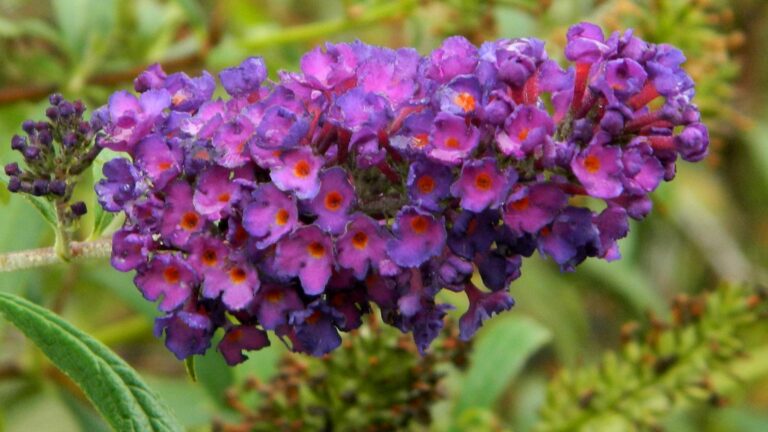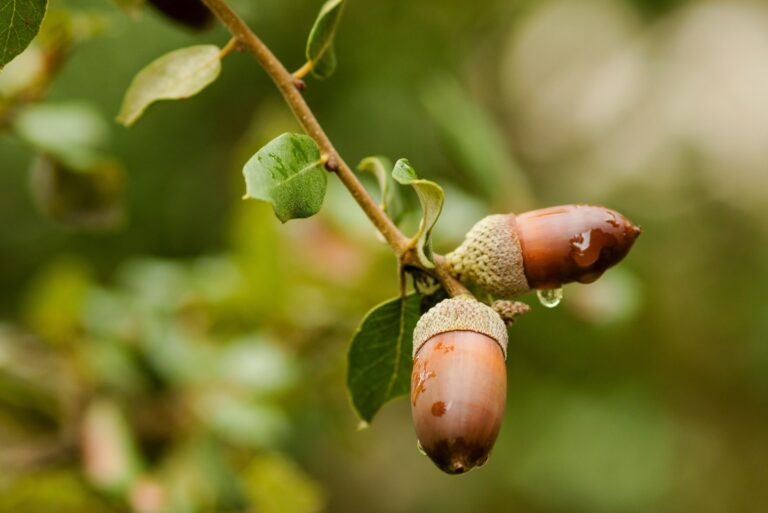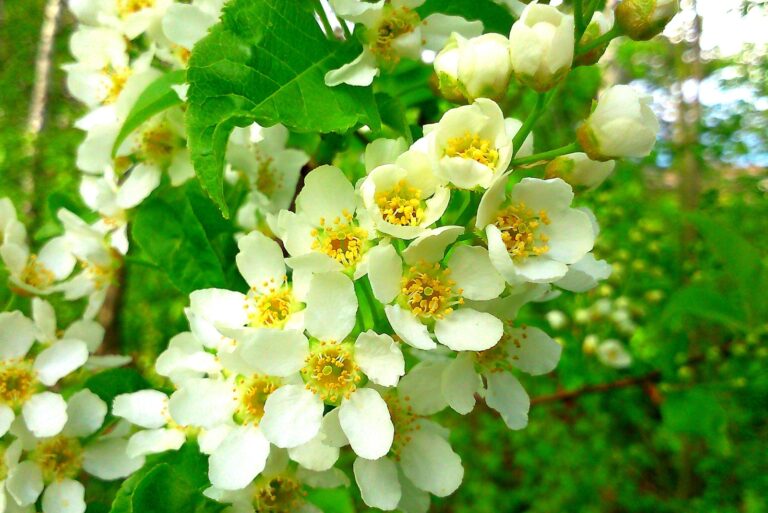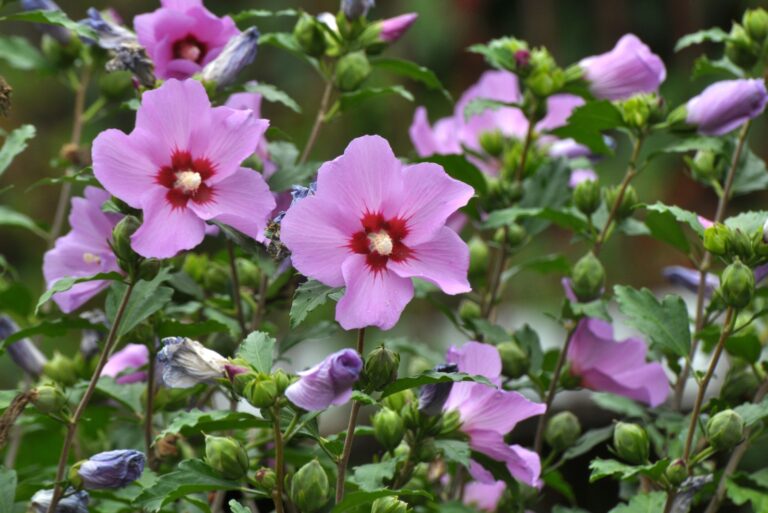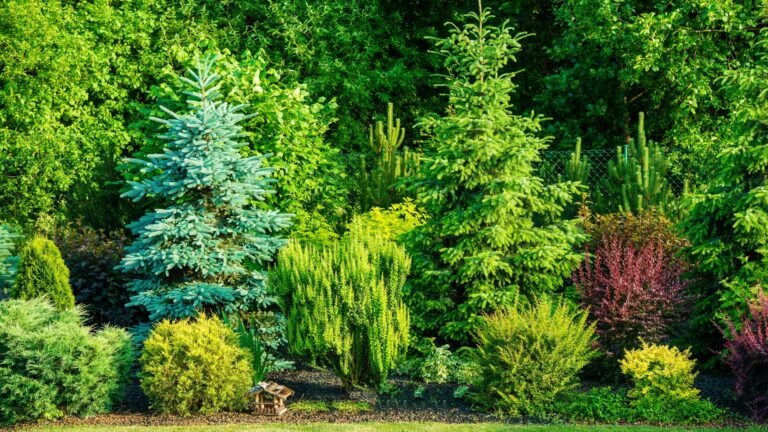14 Spreading Shrubs You Don’t Want To Plant In Your Garden
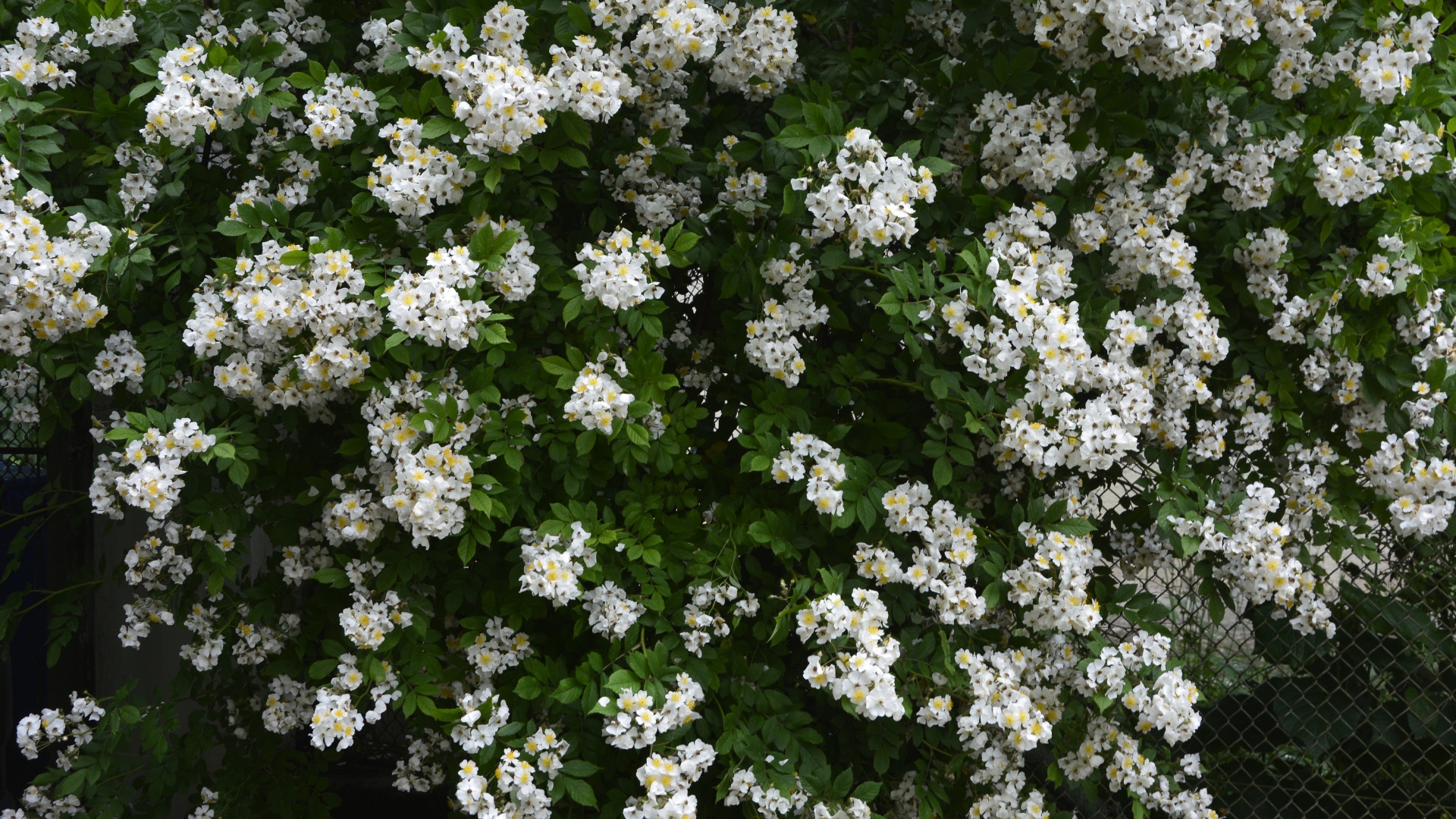
Not all shrubs are garden-friendly – some can quickly spread, invade your garden, and outcompete everything you’ve worked hard for! That’s why you need to be careful about which shrubs you plant.
Trust me, I’ve learned the hard way! I thought I was being clever by choosing low-maintenance shrubs, but they quickly spread to every corner of my garden. By the time I realized what was happening, it was too late to stop them.
Just imagine what I had to deal with! Removing these shrubs wasn’t easy – it felt like a nightmare I couldn’t escape from. Luckily, I discovered some tips for removing them quickly, and ever since, I’ve made sure to check every shrub before planting!
Now, I’m going to show you twelve shrubs that are not worth your time or effort. Stay away from them, and don’t make the same mistake I did!
#1 Don’t Let The Stunning Colors Of Japanese Barberry Fool You
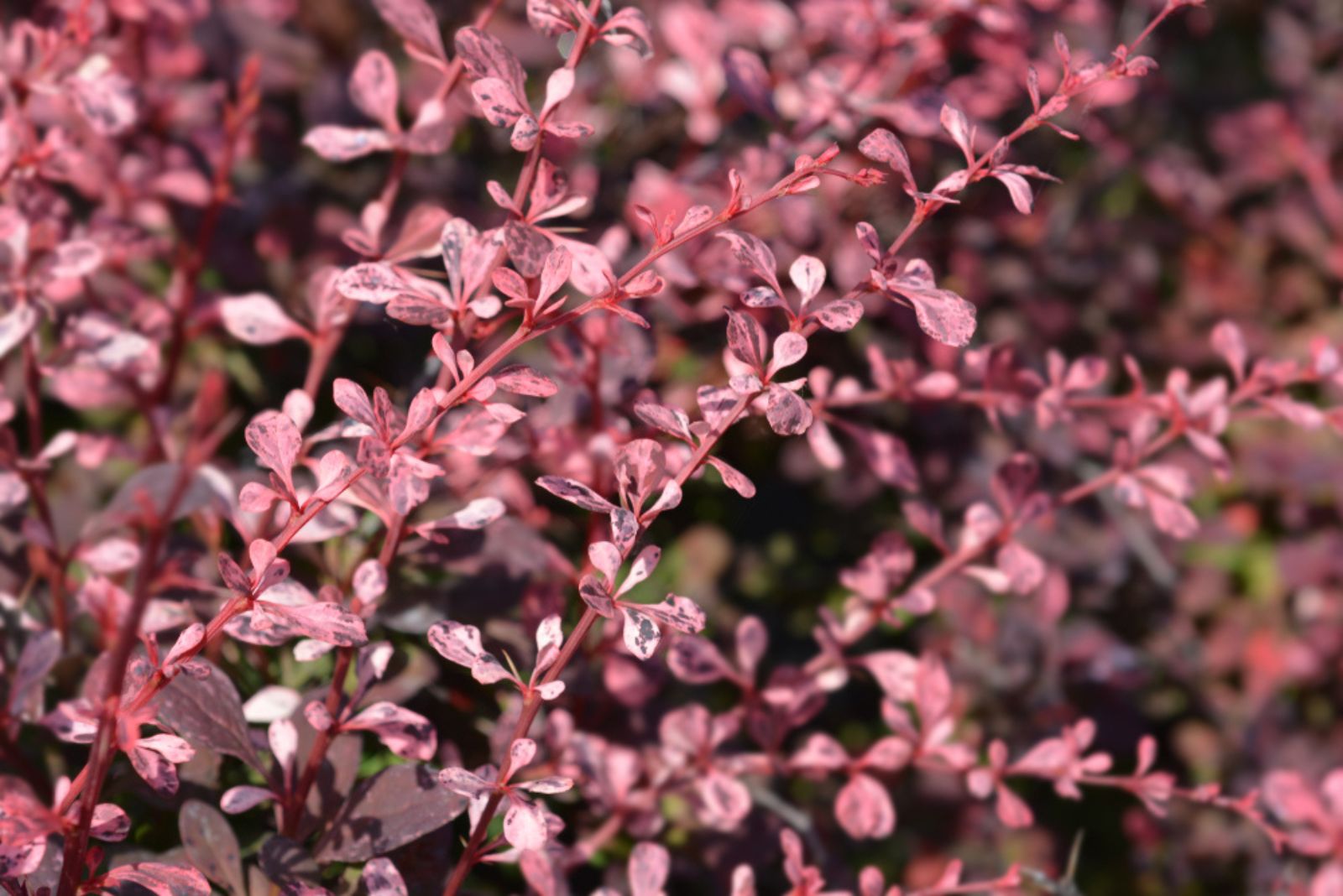
Japanese barberry might catch your eye with its bright red leaves and unique shape, but don’t let its beauty fool you.
Despite its stunning appearance, this shrub is highly invasive and spreads aggressively. Its dense thickets can quickly take over areas, outcompeting native plants and disrupting local ecosystems.
I made the mistake of planting it once, thinking it would add color to my yard – only to spend weeks removing it from my garden! Nobody wants to go through that, right? That’s why you should avoid planting Japanese barberries at all costs!
#2 The Fiery Fall Foliage Of Burning Bush Comes With A Dark Side
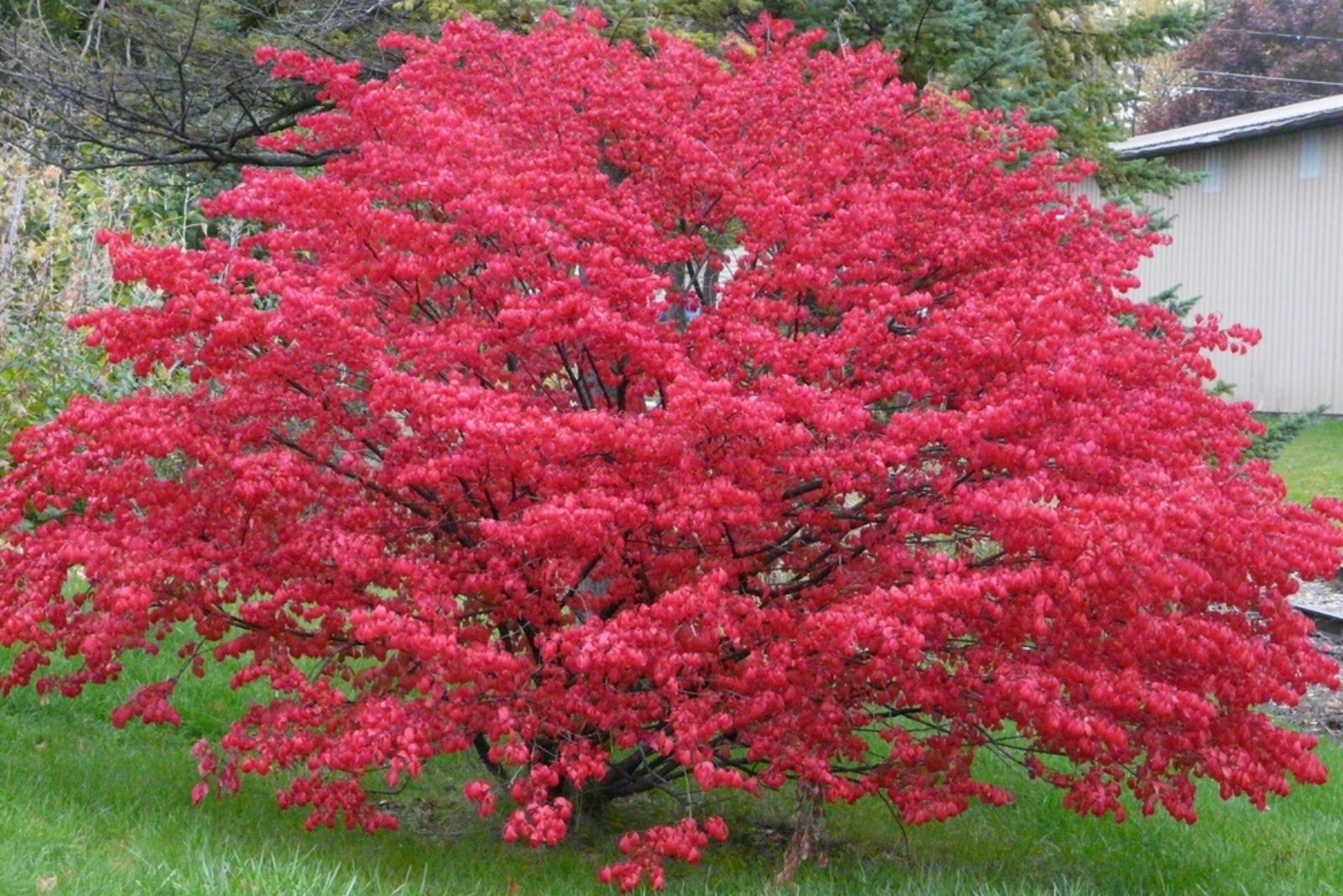
While the burning bush adds a fiery pop of color to your fall garden, it’s not a plant you want in your yard. I know this shrub might seem like the perfect choice to brighten up your landscape, but that’s not the case here!
Its rapid growth and seed dispersal can make it a threat to the environment. Burning bush can quickly invade natural areas, outcompeting native plants and disrupting the ecosystem. To avoid the mess and frustration, it’s better to leave burning bush out of your garden.
#3 Privet Won’t Be A Friendly Neighbor To Your Plants
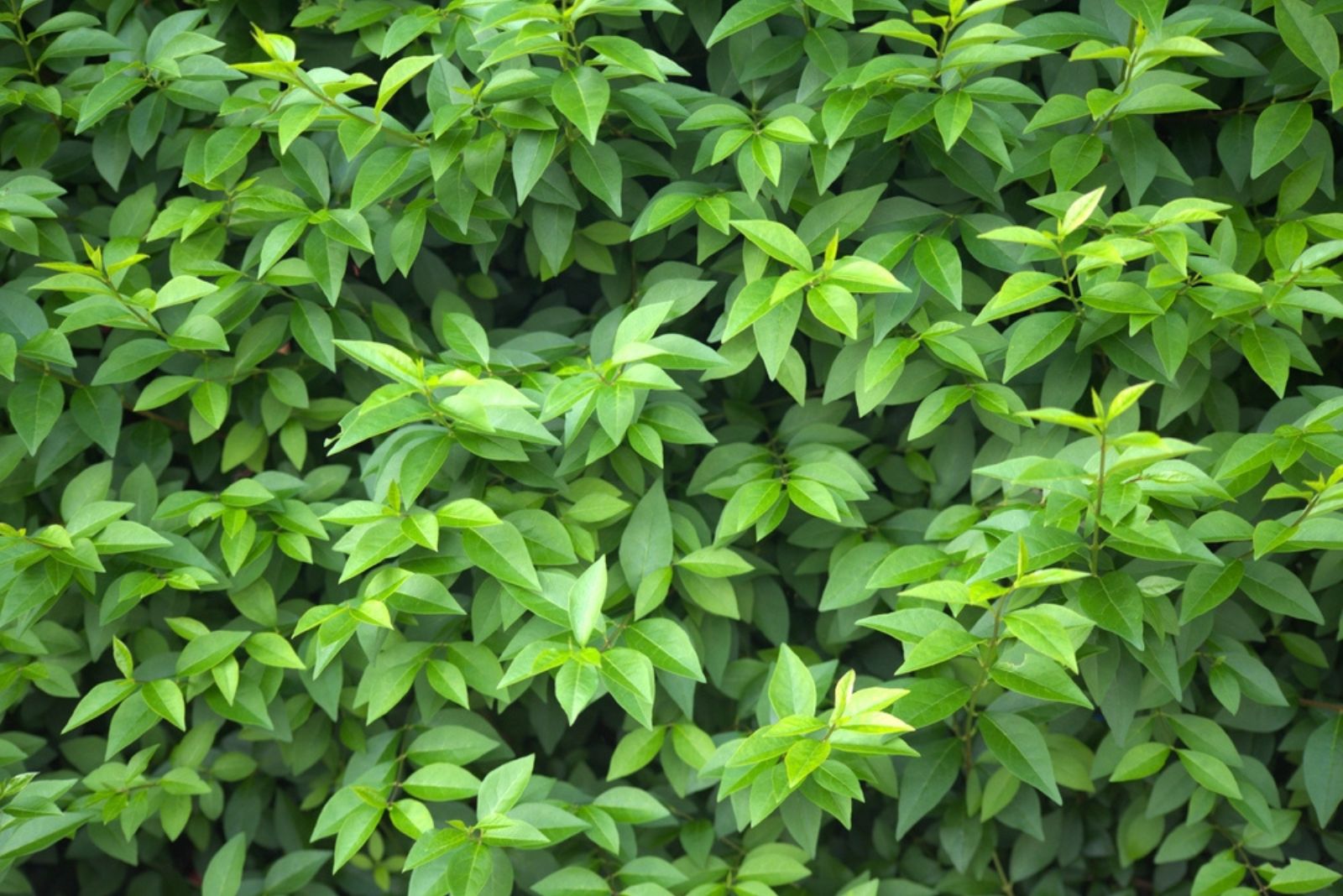
Privet may promise privacy for your garden, but planting it is not a good idea! It’s not a friendly shrub!
Not only does it spread through seeds, but it also sends out root suckers, allowing it to establish itself easily and spread like wildfire. The next thing you know, your other plants won’t have enough nutrients, sunlight, or water – privet will steal it all and leave them with nothing!
This shrub’s invasive behavior can become a big problem for your garden. Instead, choose a plant that won’t spread uncontrollably and will work with your garden’s natural beauty.
#4 Multiflora Rose Is A Beautiful Shrub, But Dangerous For Your Garden
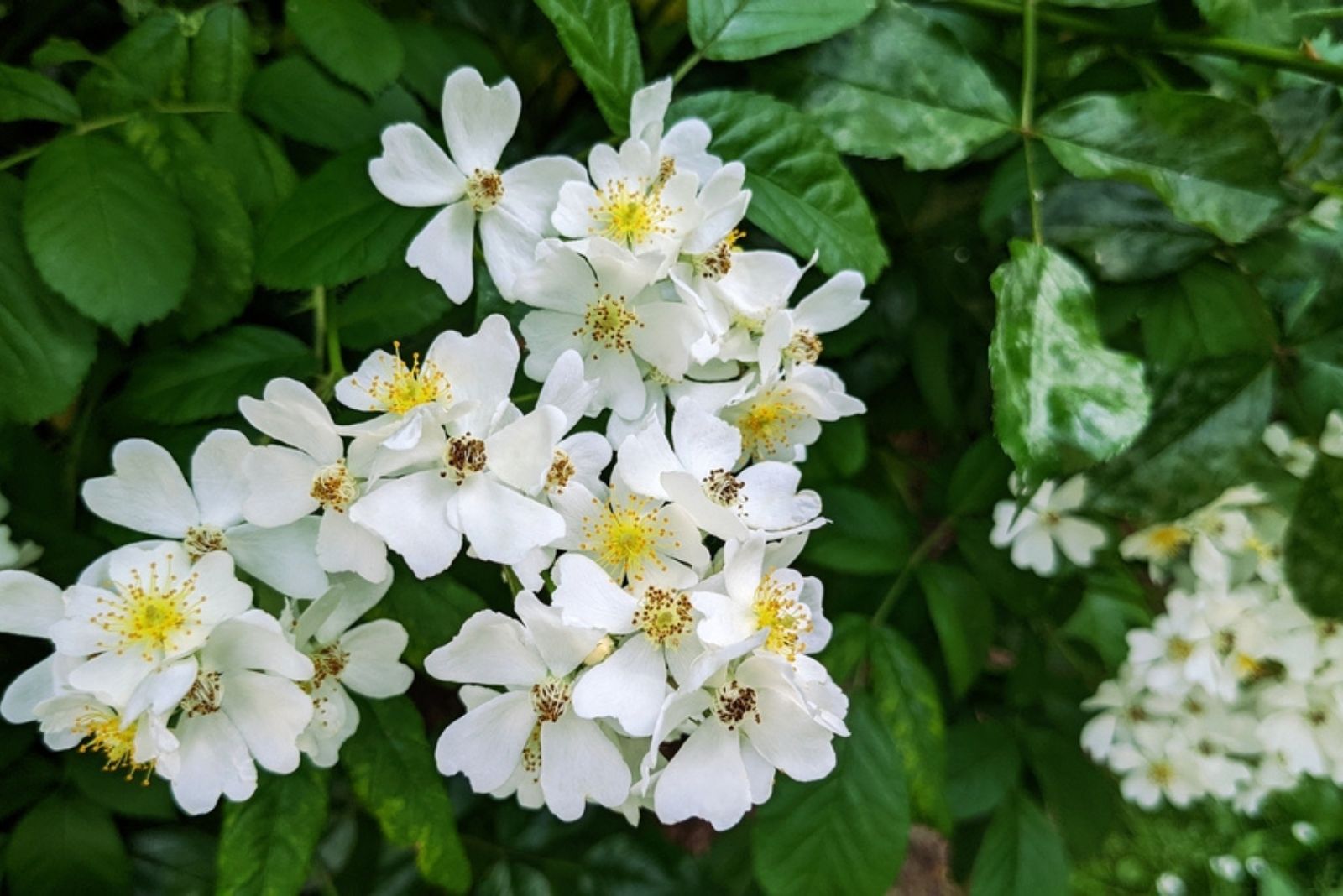
Multiflora rose might catch your eye with its delicate flowers and graceful arching stems, but don’t be fooled by its blooms.
What seems like a charming addition to your garden can quickly turn into a nightmare! Beneath the pretty face lies a highly invasive shrub that’s ready to take over. Multiflora rose spreads aggressively, producing thousands of seeds!
Can you imagine thousands of multiflora rose seeds spreading throughout your garden? No plant in your garden stands a chance against this shrub!
#5 Autumn Olive Will Change Your Garden’s Look, And Not For The Better
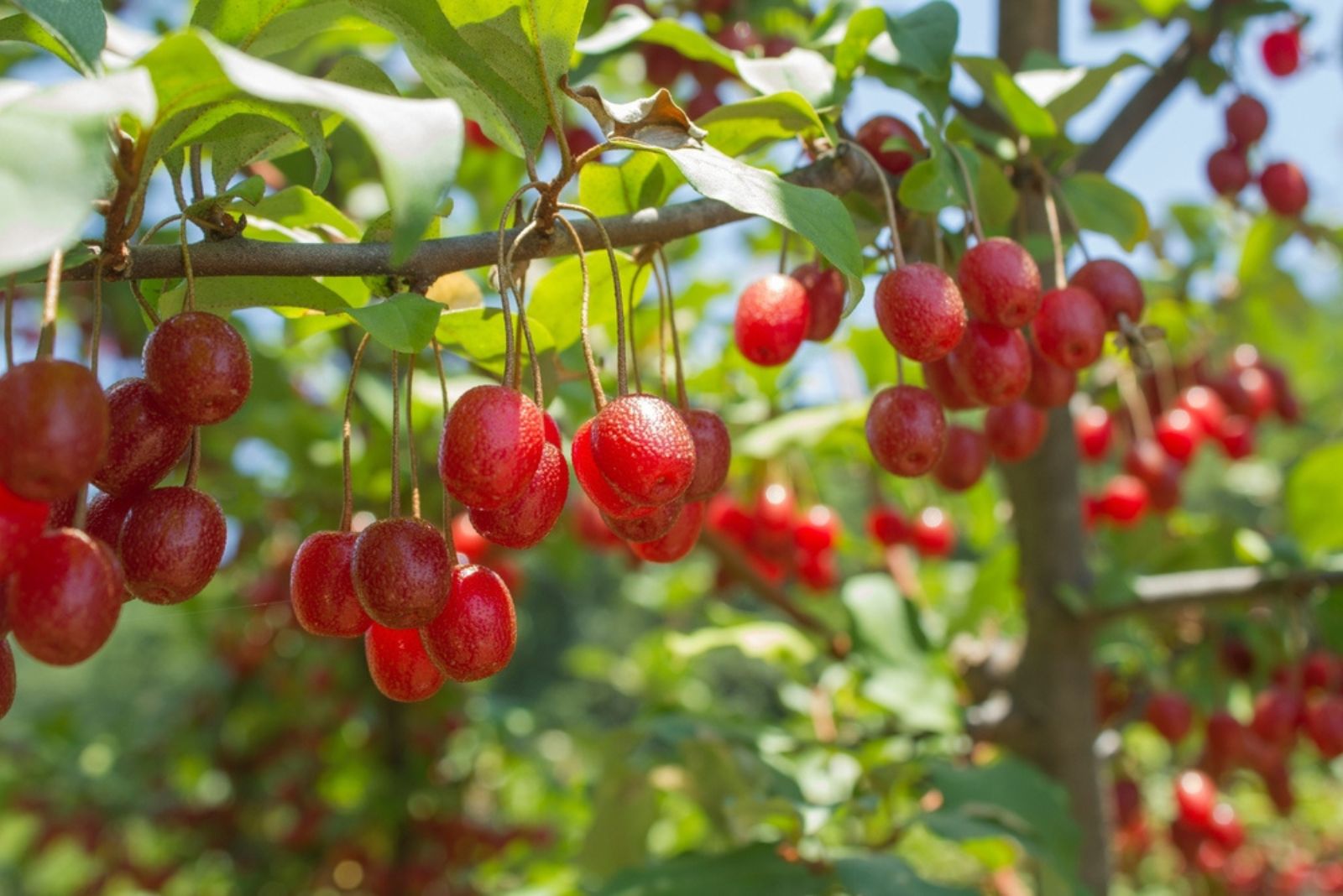
Autumn olive may add a burst of color to your garden, but its beauty hides a dark side. This seemingly harmless shrub quickly spreads out of control, overpowering everything in its path.
Once it’s planted, autumn olive will immediately start invading your garden and crowding out beautiful native plants. Dealing with autumn olive can be such a headache, so if you want to keep your garden clean and thriving, steer clear of this shrub!
#6 Russian Olive: A Fast-Growing Problem You Don’t Want To Deal With!
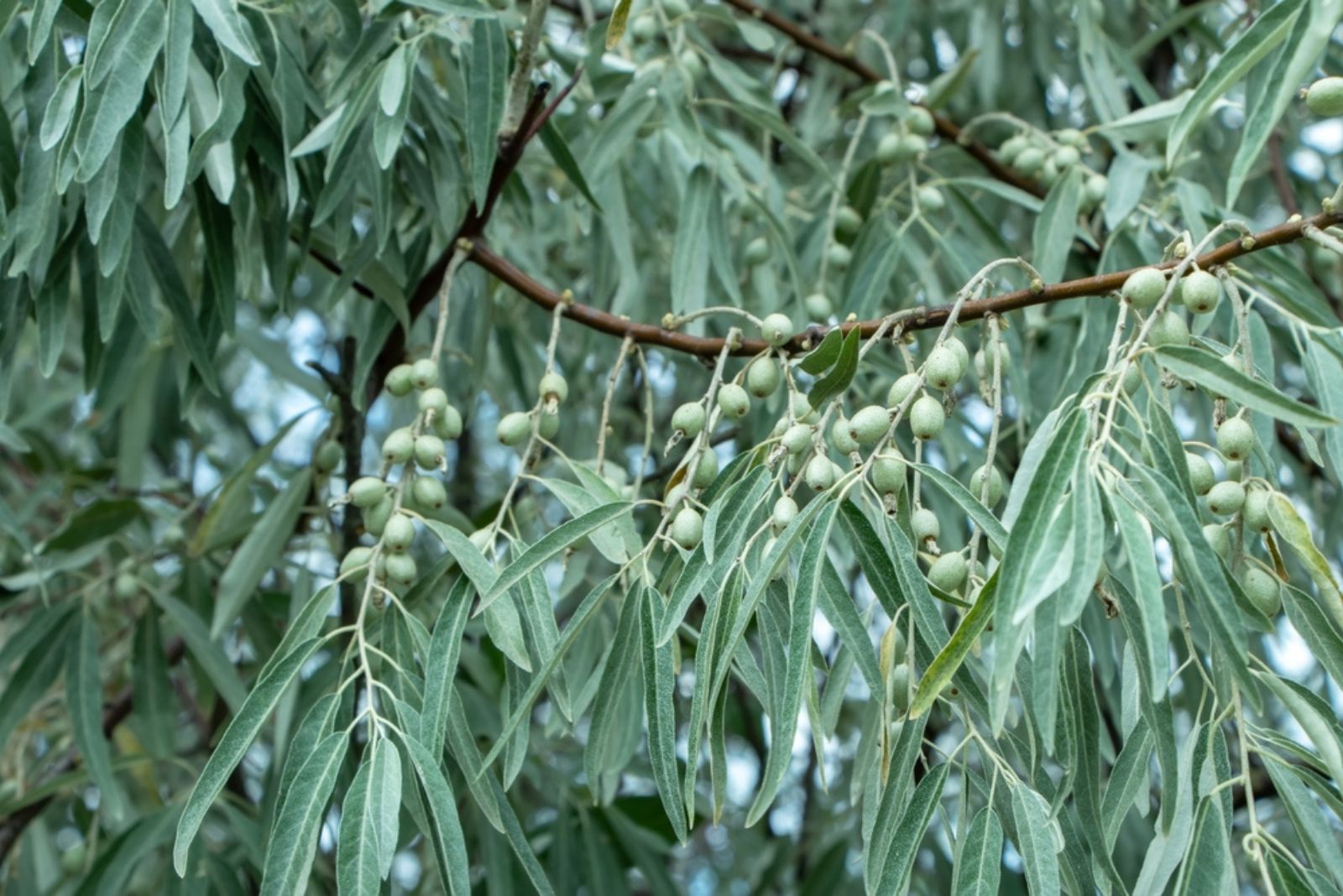
Russian olive’s appealing silver leaves feel like paradise, but it’s a garden disaster in the making. At first, Russian olive seems harmless, but its rapid growth and aggressive spreading habits make it a garden invader.
Once planted, this shrub can quickly dominate your landscape by sending seeds far and wide. Do you know who helps it spread so fast? Hungry birds!
It doesn’t take long for it to outcompete your other plants for sunlight, water, and nutrients. Avoid the frustration of Russian olives and go for plants that will stay where you want them.
#7 Think Twice Before You Decide To Grow Amur Honeysuckle
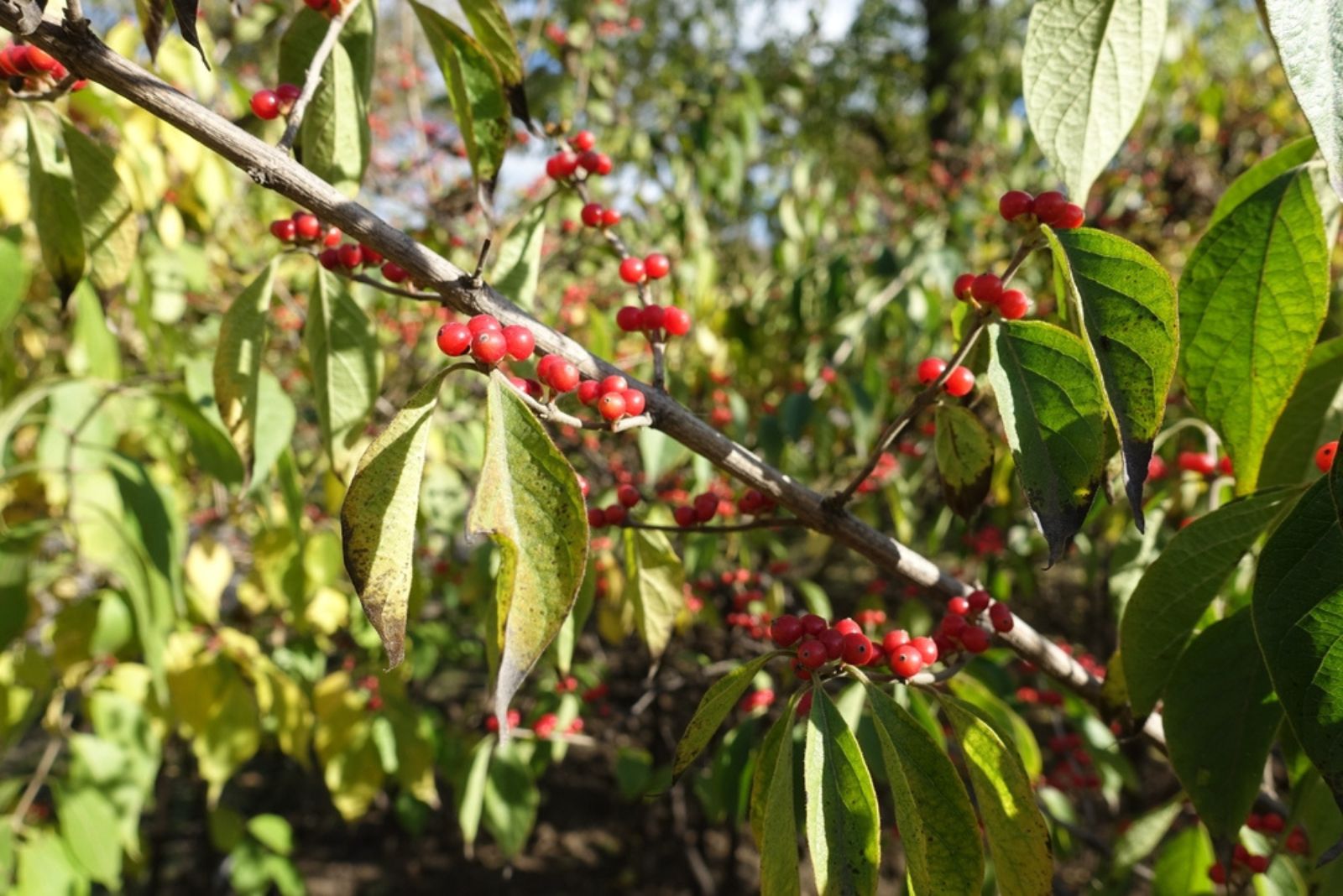
Amur honeysuckle isn’t as innocent as it looks! With its lovely flowers and berries, amur honeysuckle seems like an ideal choice for your garden. But this shrub spreads rapidly through both seeds and root suckers, and before you know it, it’s everywhere!
Although you can pull it by hand, I wouldn’t recommend planting it because you’ll end up spending hours in the garden removing this shrub!
#8 Common Buckthorn Is A Shrub You Definitely Don’t Want In Your Garden
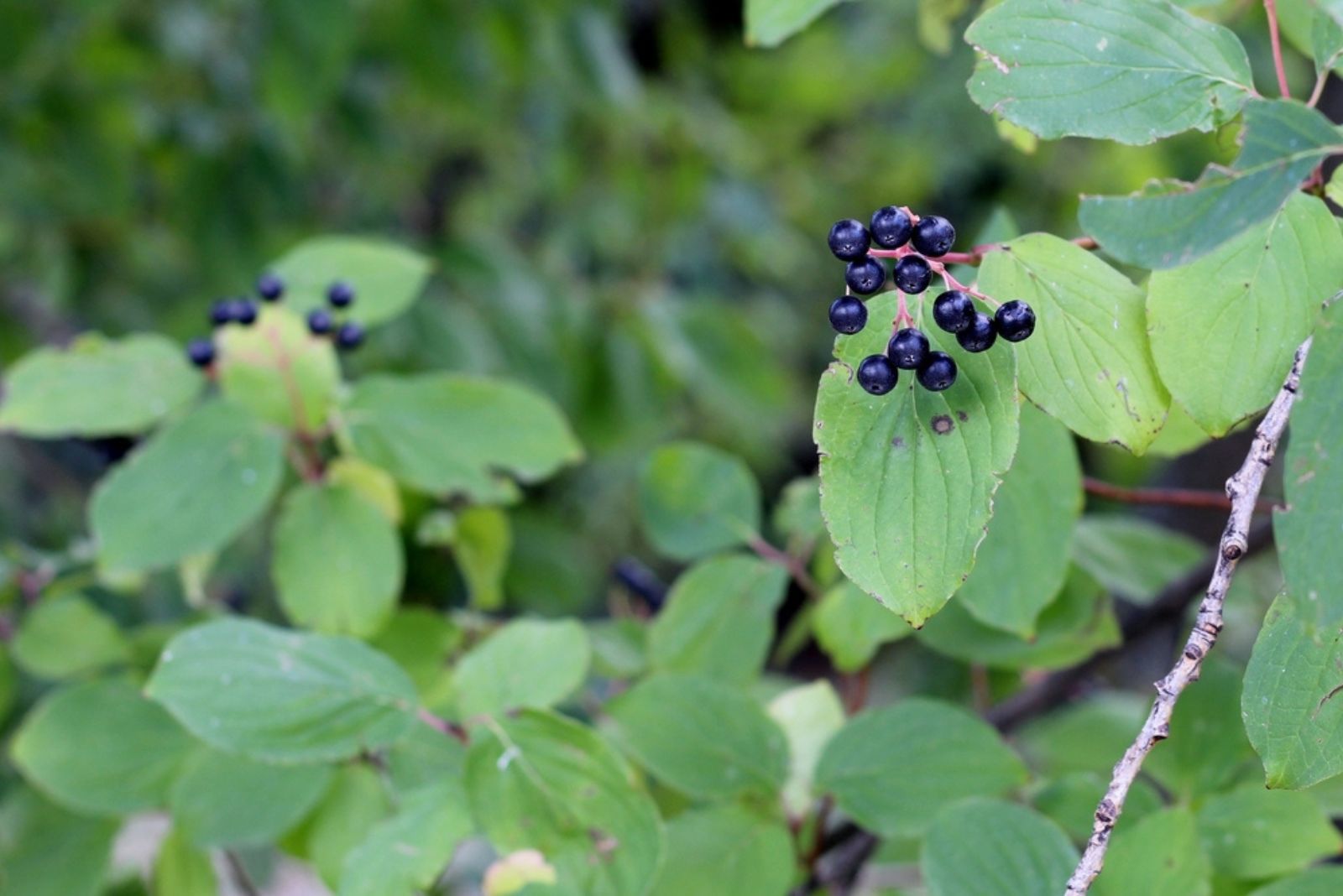
Here comes another shrub that can spread with the help of birds! Common buckthorn attracts wildlife, and that can be a problem because it can be all over your garden in just a few days.
Even though common buckthorn may seem like an easy-to-maintain shrub, it quickly becomes invasive, spreading through its seeds and roots. Its rapid growth overtakes native plants, leaving them with little room to grow!
#9 Tatarian Honeysuckle Can Silently Spread Through Your Whole Yard
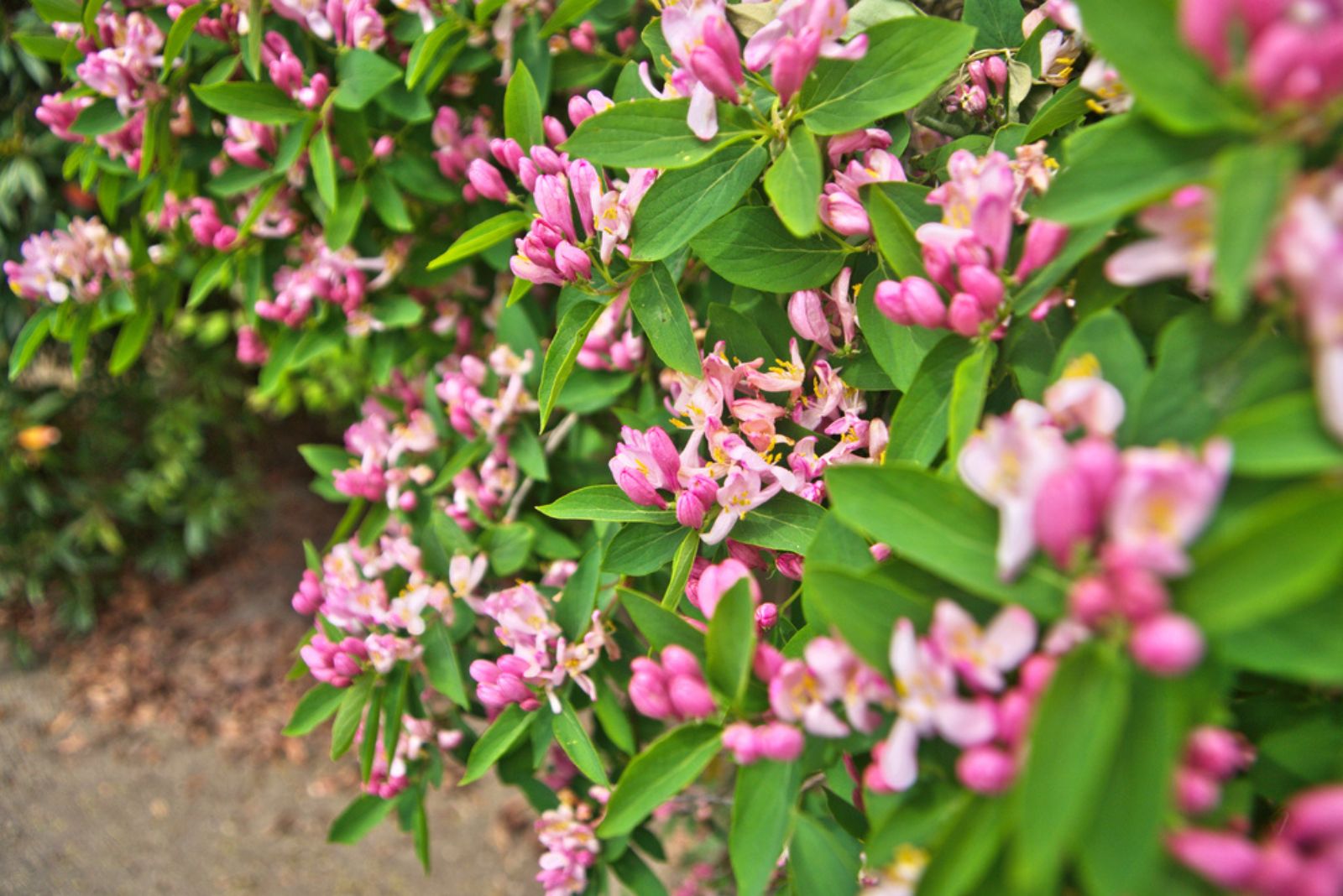
Tatarian honeysuckle is the kind of plant that quietly takes over when you’re not looking! This shrub may offer delightful blooms in spring, but its tendency to spread uncontrollably should raise red flags.
It invades garden spaces by sending out seeds and root suckers, forming dense growth that crowds out native plants in your garden! Believe me, tatarian honeysuckle is far from the perfect shrub.
#10 Cranberrybush Might Push Other Native Plants Out Of Your Garden
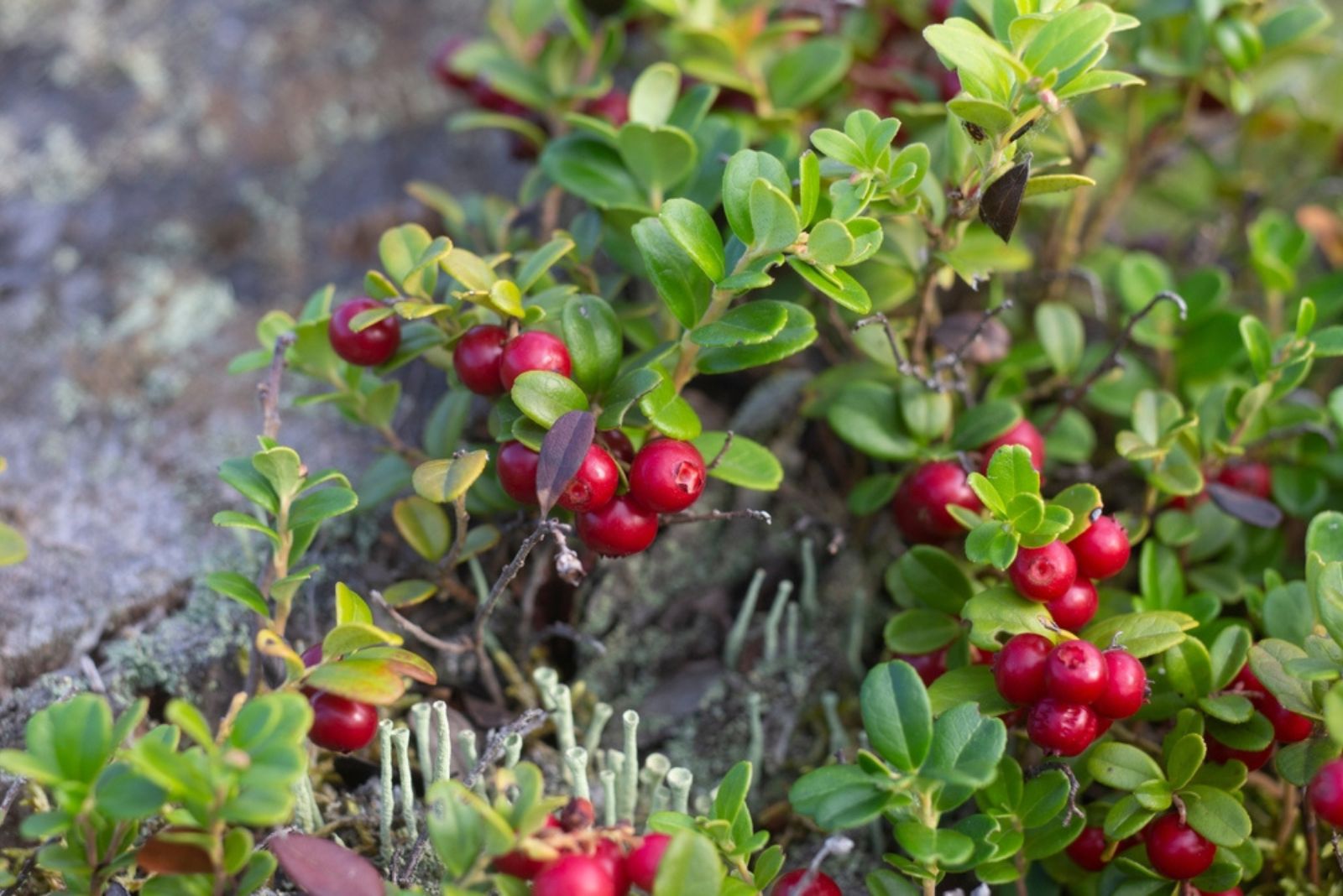
I must admit that cranberrybush’s berries are eye-catching, but it’s considered invasive because it spreads rapidly, choking out native species in the process.
Cranberrybush establishes itself through seeds that take root quickly, crowding out the slower-growing plants in your garden. That’s why you should choose plants that work with your garden’s ecosystem, not against it.
#11 Cotoneaster Will Take Over Your Yard Quicker Than You Might Think
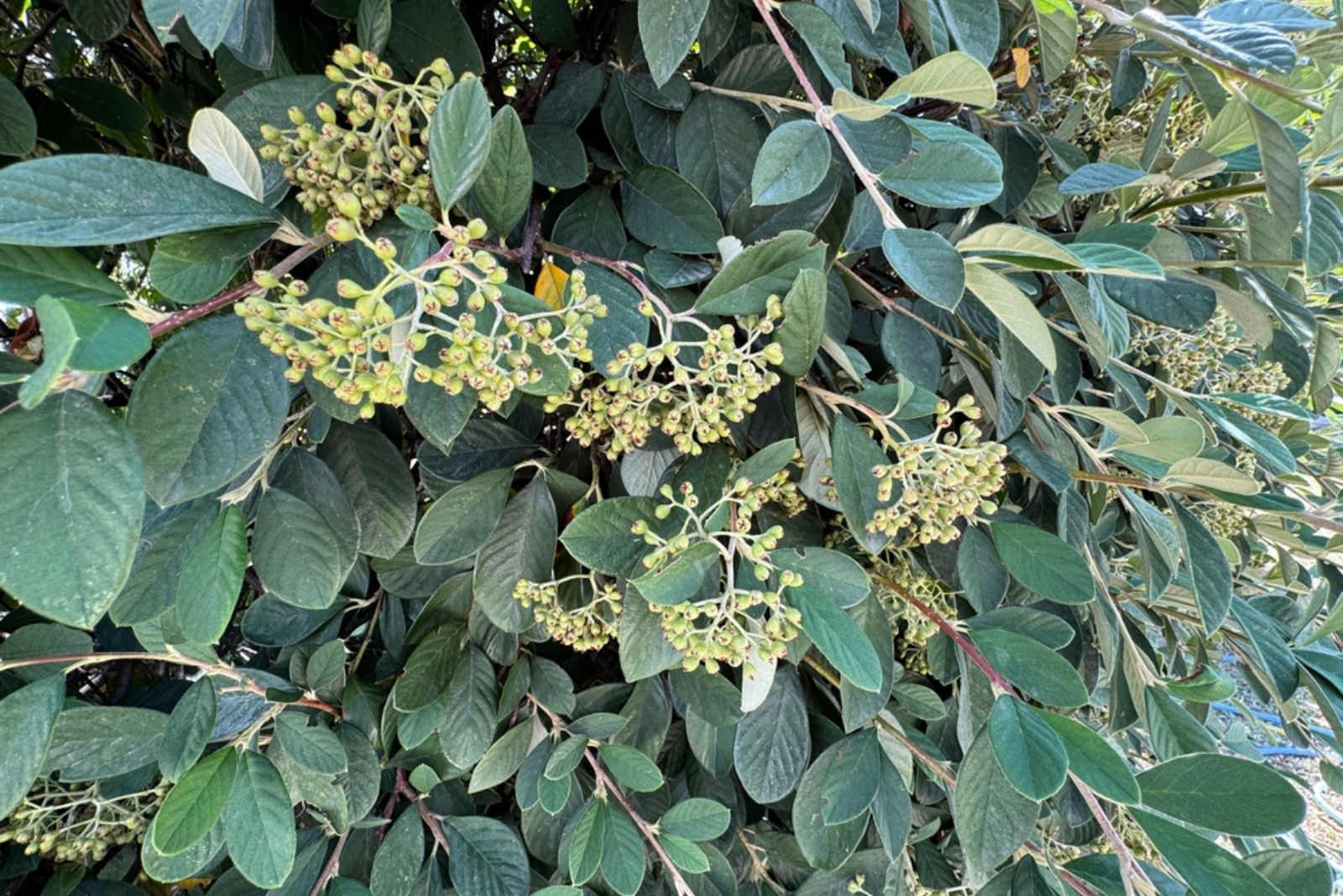
Trust me, cotoneaster’s rapid spread is something you don’t want to see coming. I thought this shrub would make a perfect ground cover, but little did I know!
This shrub actually turned out to be a sneaky invader, spreading through its seeds, which birds love to carry. Cotoneaster is a master of sneaky takeovers! It quickly spreads, creating dense thickets that choke out the other plants you’ve worked so hard to grow.
#12 Winged Sumac Is The Native Shrub That Can Become Too Aggressive
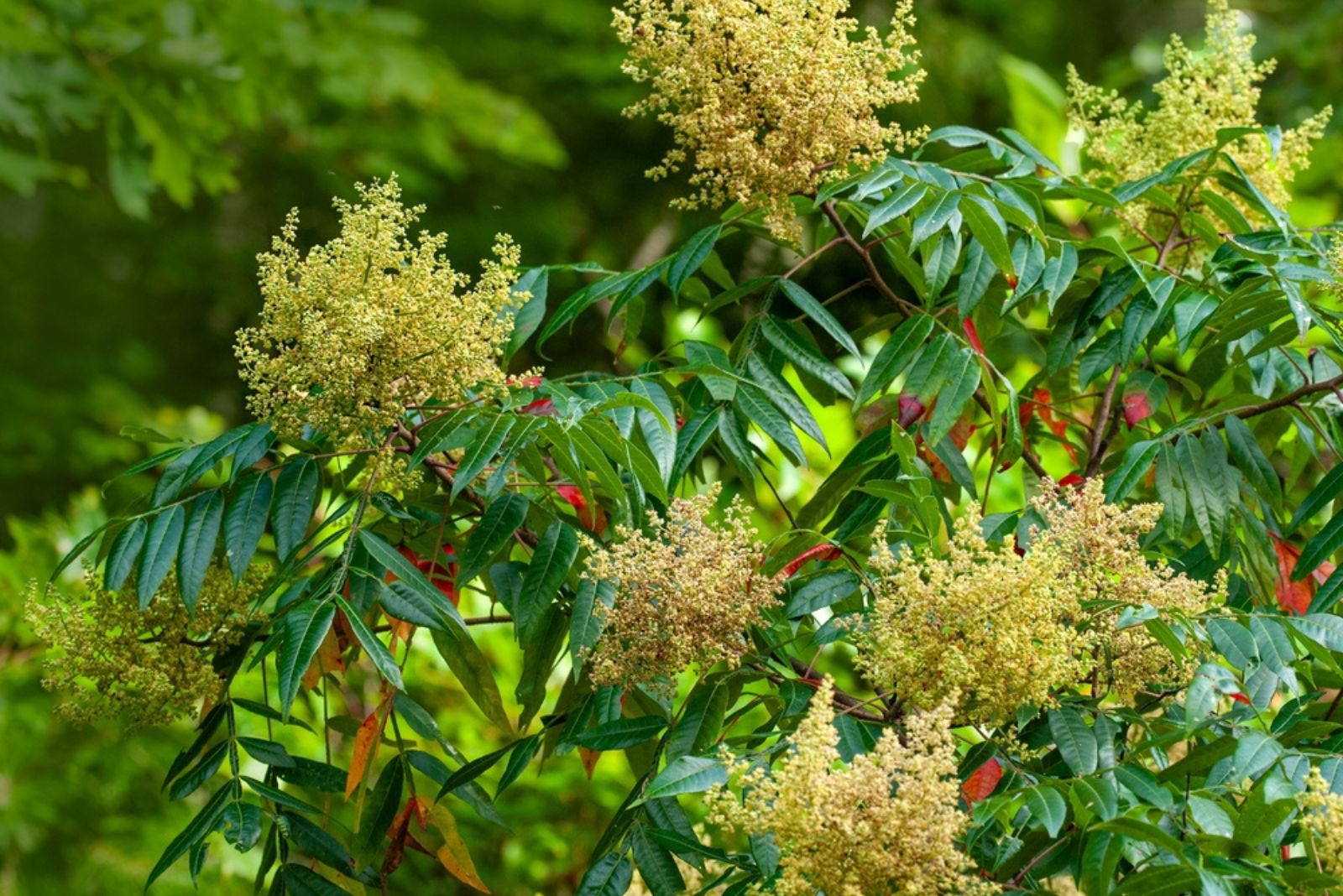
Even native plants like winged sumac can be too aggressive for your garden. While native shrubs are often the best choice for supporting local ecosystems, winged sumac is an exception.
It’s known to grow rapidly and spread vigorously through both seeds and root suckers. This means that it can overrun your garden, making it difficult to maintain your dream landscape!
#13 European Black Alder Spreads Fast And Won’t Let Your Garden Breathe
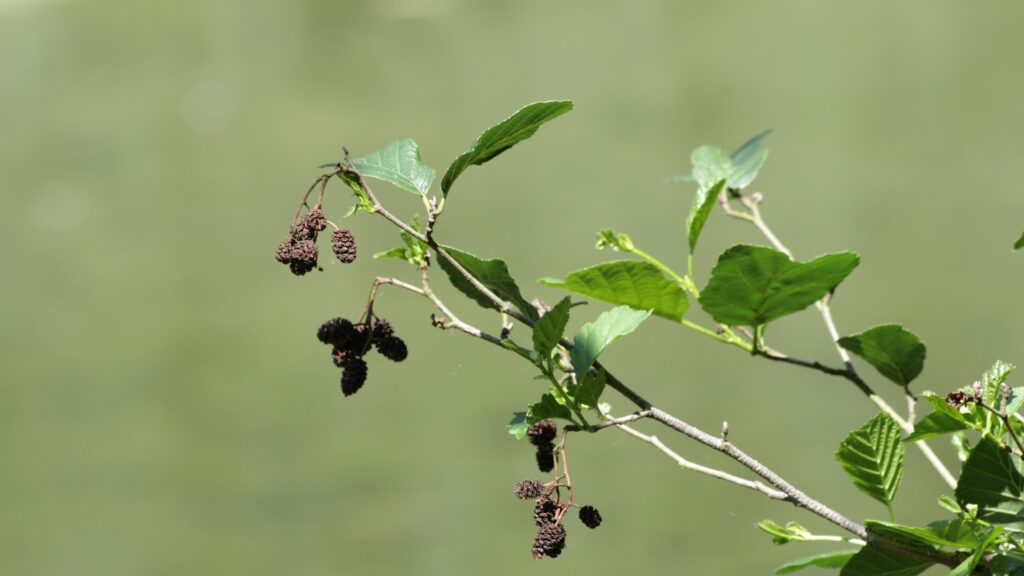
European black alder might seem like a great addition to your landscape, but don’t be fooled by its lush green leaves and ability to thrive in poor soil. This shrub doesn’t know how to stay in one place!
It spreads aggressively through both seeds and suckers, quickly forming dense thickets that take over gardens and natural areas.
Before you know it, your garden will be packed with black alder, pushing out other plants and leaving little room for variety. Avoid the struggle and keep this shrub out of your garden!
#14 Himalayan Blackberry Will Take Over Your Yard Before You Realize It
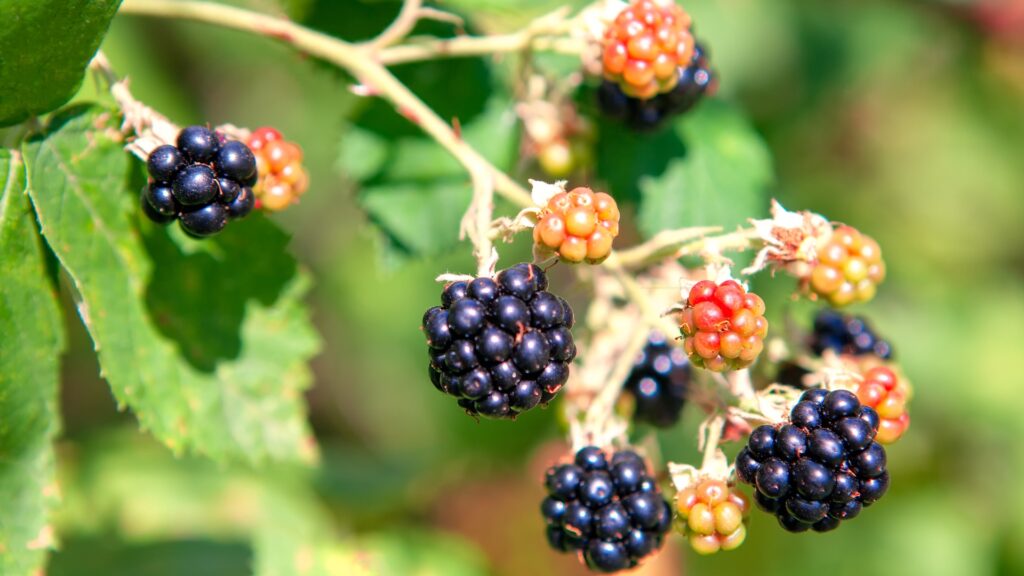
At first glance, Himalayan blackberry might sound like a delicious addition to your garden, but this shrub is far from sweet! Its thorny canes spread aggressively, creating dense, tangled thickets that are almost impossible to control.
Once established, it rapidly invades your garden, choking out native plants and making it a nightmare to remove.
Even cutting it back won’t stop it—this shrub sends out root suckers and can regrow from even the tiniest fragment left behind. Save yourself the frustration and steer clear of Himalayan blackberry!
These are fourteen shrubs you should avoid planting in your garden! They might look innocent at first, but before you know it, they’ll take over like uninvited guests at a party. Don’t let these shrubs steal the spotlight in your garden.
Instead, choose plants that play well with the rest of your garden. Don’t let these troublemakers ruin all your hard work! Take a little time to pick the right ones, and your garden will thank you!

